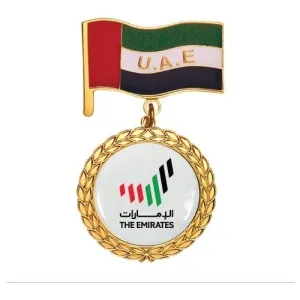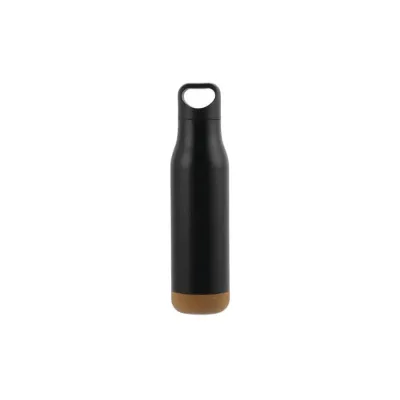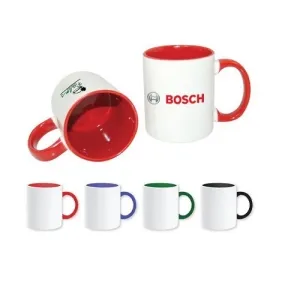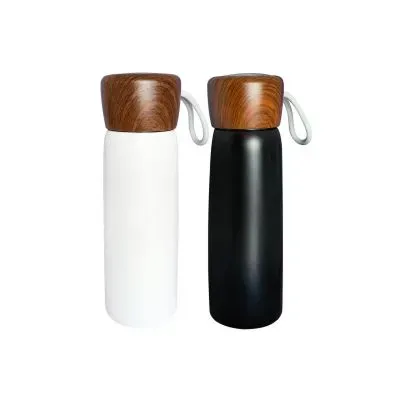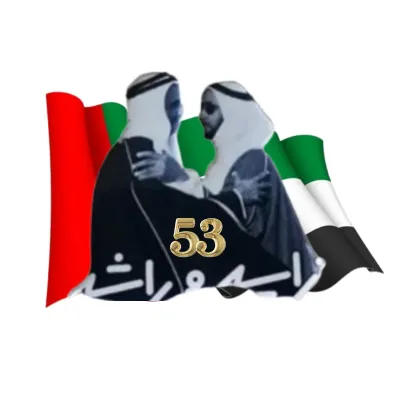Why Ramadan is Important for Marketing in the Middle East: Making Gift-Giving Part of the Holy Month.
Leveraging Ramadan for Marketing in the Middle East
Ramadan holds immense significance in the Middle East, not only as a religious observance but also as a cultural and social event that brings communities together. For businesses operating in the region, understanding the importance of Ramadan and incorporating gift-giving into marketing strategies during this holy month can be instrumental in engaging with consumers and fostering meaningful connections. This essay explores why Ramadan is crucial for marketing in the Middle East and how businesses can make gift-giving an integral part of the Ramadan experience.
The Significance of Ramadan in the Middle East
Ramadan is the ninth month of the Islamic lunar calendar, during which Muslims worldwide observe fasting from dawn until sunset as a form of spiritual discipline, self-reflection, and devotion to Allah. Beyond its religious significance, Ramadan is also a time for family gatherings, community bonding, and acts of charity and generosity.
During Ramadan, Muslims fast during the day and break their fast with an evening meal called iftar, which is often shared with family, friends, and neighbors. The month culminates in Eid al-Fitr, a joyous celebration marking the end of Ramadan, characterized by feasting, prayer, and the exchange of gifts.
Why Ramadan Matters for Marketing in the Middle East
Ramadan presents a unique opportunity for businesses to connect with consumers in the Middle East on a deeper level. The month is characterized by increased social gatherings, heightened consumer spending, and a sense of communal spirit, making it an ideal time for businesses to engage with their target audience.
Moreover, Ramadan is a time of heightened emotions and spiritual reflection, during which individuals are more receptive to messages of goodwill, compassion, and generosity. By aligning marketing efforts with the values and sentiments of Ramadan, businesses can resonate with consumers on a more meaningful level and build stronger brand affinity.
Making Gift-Giving Part of Ramadan Marketing
Incorporating gift-giving into Ramadan marketing strategies is a powerful way for businesses to enhance their brand visibility, foster goodwill, and strengthen relationships with customers. Gifts exchanged during Ramadan serve as tokens of appreciation, expressions of gratitude, and symbols of unity within communities.
Businesses can leverage gift-giving in various ways during Ramadan, such as offering special promotions, launching themed gift sets or hampers, or organizing charity initiatives that give back to the community. By presenting thoughtful and culturally appropriate gifts, businesses can demonstrate their commitment to the spirit of Ramadan and create memorable experiences for their customers.
Moreover, businesses can utilize digital platforms and social media channels to amplify their Ramadan marketing campaigns, engaging with consumers through storytelling, interactive content, and user-generated campaigns that resonate with the themes of Ramadan.
Conclusion
Ramadan is not only a sacred time of spiritual reflection and devotion for Muslims in the Middle East but also a significant cultural and social event that deeply influences consumer behavior and values. For businesses, leveraging the importance of Ramadan for marketing purposes presents a unique opportunity to connect with consumers on a deeper level, foster goodwill, and build lasting relationships. By integrating gift-giving into Ramadan marketing strategies, businesses can align with the values of generosity, compassion, and unity that define the holy month, creating meaningful experiences for their customers and contributing to the spirit of community and togetherness that permeates Ramadan in the Middle East. Through thoughtful and culturally appropriate gift-giving initiatives, businesses can not only enhance their brand visibility and engagement but also make a positive impact on society, embodying the true essence of Ramadan and leaving a lasting impression on their target audience.
Spotlight on Trending Promo Gear
Browse the most popular and trending Corporate Gifts


